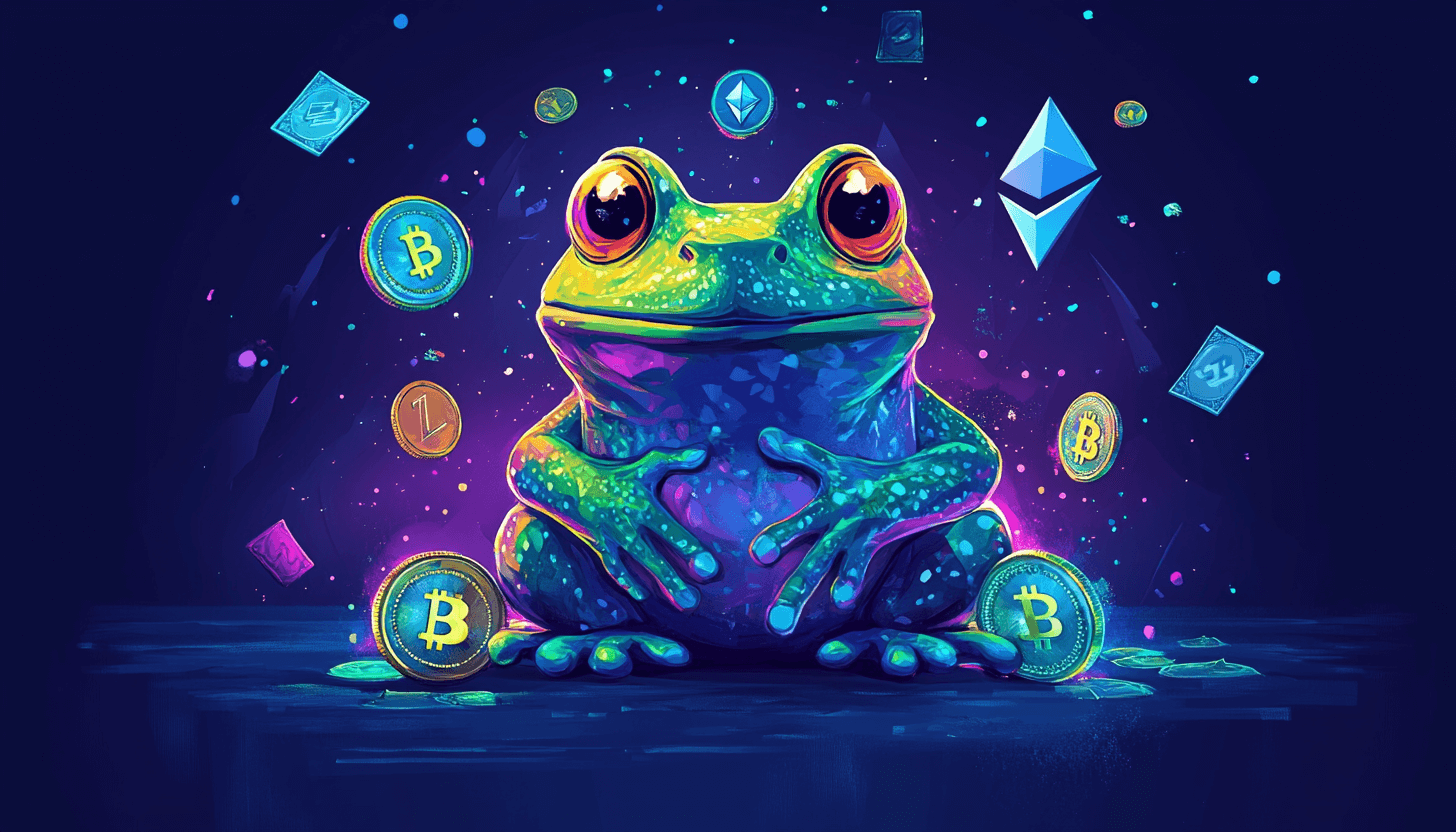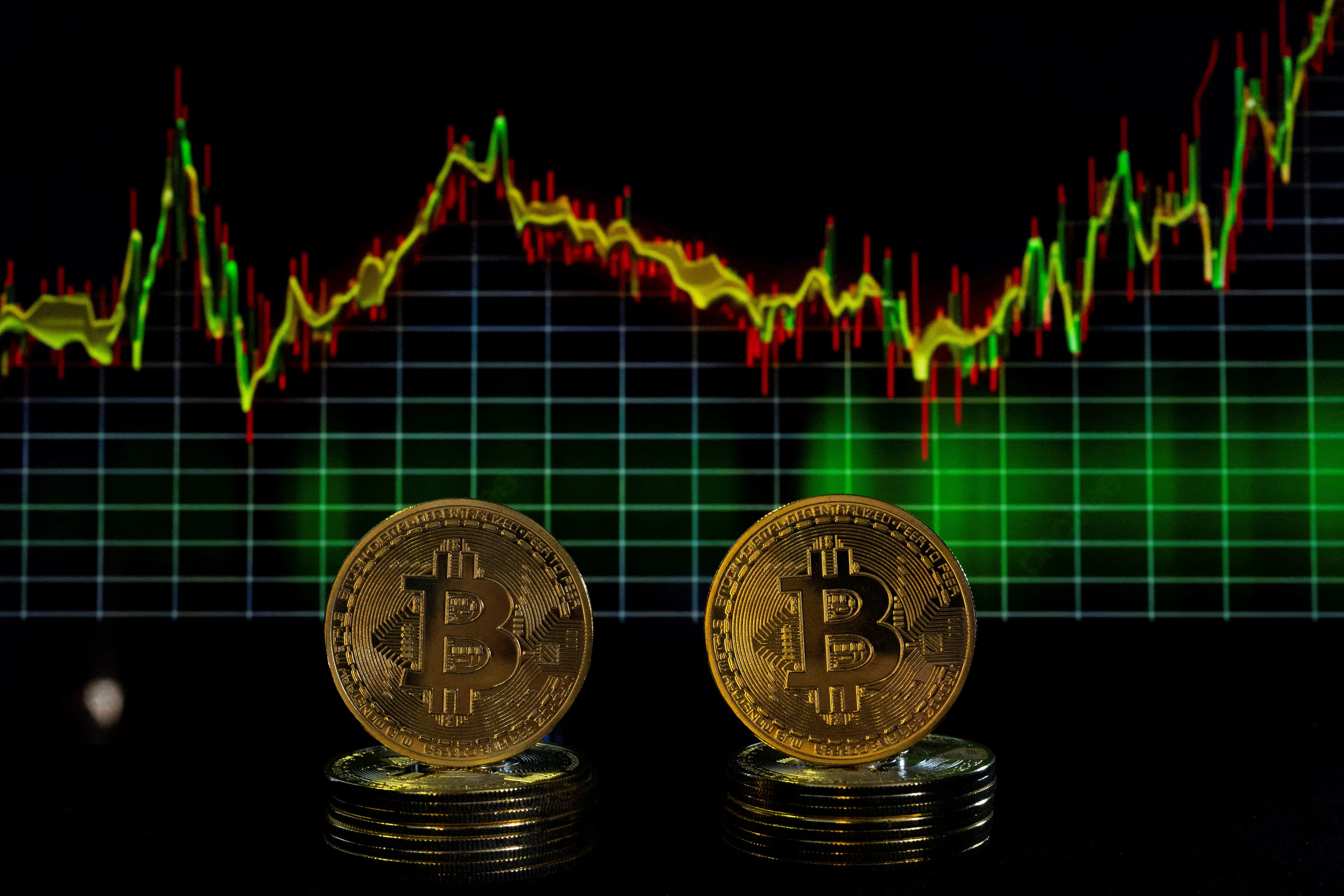ARTICLE AD
Similar to Uniswap v4, Seaport hooks give developers the freedom to create applications that increase the usefulness and liquidity of NFTs.
OpenSea and the Seaport Working Group have collaborated to launch Seaport 1.6, dubbed the most advanced Non-Fungible Token (NFT) marketplace protocol in the Ethereum Virtual Machine (EVM) ecosystem.
What Seaport 1.6 Stands For
OpenSea highlighted in a blog post that Seaport 1.6 is currently live and operational, ushering in a new era of NFT marketplaces. Starting Monday, March 25, OpenSea says it will migrate its users to Seaport 1.6 for order submission. Meanwhile, on Monday, April 1, the OpenSea API will stop accepting Seaport 1.5 orders, indicating a transition to the increased functionality of Seaport 1.6.
Seaport 1.6 offers advancement in NFT marketplace technology, with unique features and capabilities. This upgrade introduces Seaport hooks, a feature enabled by the recently introduced Ethereum Dencun upgrade.
Similar to Uniswap v4, Seaport hooks give developers the freedom to create applications that increase the usefulness and liquidity of NFTs. Essentially functioning as plugins on top of the Seaport protocol, these hooks allow developers to install custom contracts that can be called by Seaport during the order fulfillment process.
Furthermore, Seaport hooks allow NFTs to respond to sales in real time, allowing for programmable reactions based on established conditions. This capability lays the way for metadata updates, pricing oracles, and a wide range of interactive experiences in the NFT space.
With Seaport connections opening the way for new applications and experiences, the future of digital ownership appears to be brighter than ever before.
OpenSea’s Commitment to Growth in the NFT Space
This news follows on the heels of OpenSea’s recent efforts to expand its platform and improve user adoption. OpenSea 2.0, which debuted in January, added support for NFTs from several blockchains, demonstrating the platform’s dedication to inclusion and interoperability.
OpenSea has also introduced an option to create Web3 wallets using email addresses, which simplifies the onboarding process for newbies to the Web3 environment. These initiatives demonstrate OpenSea’s commitment to democratizing access to NFTs and cultivating a healthy ecosystem of makers and collectors.
Founded in 2017, OpenSea has emerged as a pioneer in the NFT space, bringing together makers and collectors from all over the world. OpenSea, backed by leading investors such as Coinbase Ventures and Andreessen Horowitz, is committed to democratizing access to the developing Web3 industry. For its efforts, it has maintained a dominance over other NFT marketplaces in the Web3 world.
As the NFT market grows, regulatory scrutiny is on the horizon. In May 2024, regulatory authorities from the United States and South Korea will meet to discuss the rising digital asset markets and the potential need for restrictions on NFTs.
While some advocate for a moderate regulatory approach, others are concerned about speculative activity and price volatility in the NFT industry. The outcomes of these debates will have far-reaching consequences for the future of NFTs, influencing the regulatory ecosystem for years to come.

 9 months ago
53
9 months ago
53 

